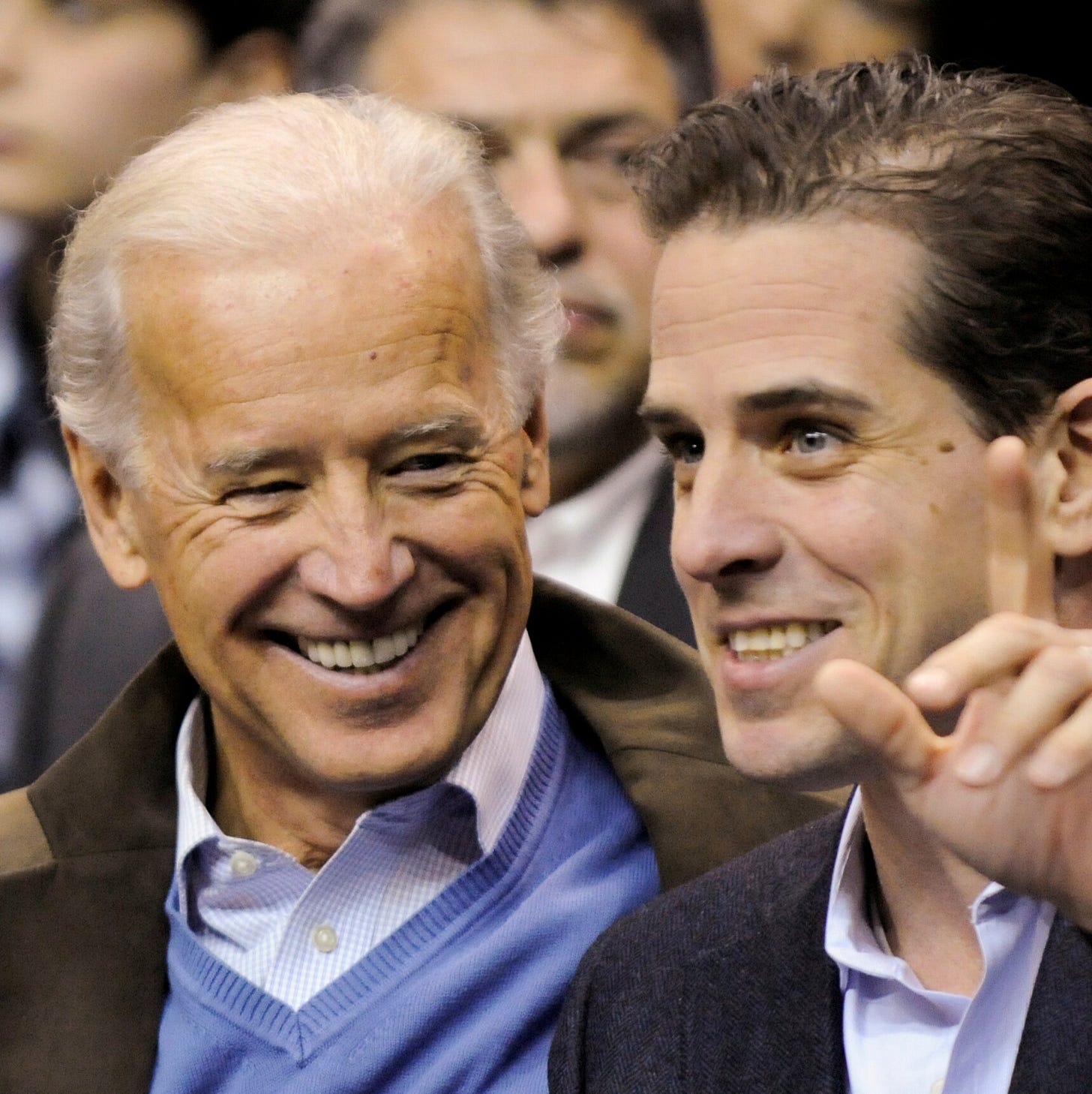Blood is thicker
How much should we favor those we love?
A while ago, I visited the Cornell Psychology Department to give a talk and was invited by a couple of professor friends to lead a graduate seminar that they co-taught. The conversation was wide-ranging and smart—Cornell Psych grad students are terrific—and we ended up talking about research ethics.
At one point, I asked the students to imagine discovering that one of their lab mates was running analyses that made their findings look stronger than they actually were. This is not as bad as making up data, but it is a violation of good scientific practice.
“What would you do?” I asked.
Several students immediately said that they would confront the student and ask them to clear up their act.
“Makes sense,” I said. “But what if they just ignored you?”
The students answered that they would reluctantly tell the professor who leads the lab about what was happening. They’d turn the student in.
Just playfully, to push them a bit: ”What if it was your friend? Would you still turn them in?”
Many students said yes.
That surprised me, so I ramped it up.
“What if it was your best friend? Actually, what if it was your wife or your husband? Would you still blow the whistle?”
The same students said yes.
“Really? You’d turn in the love of your life? Are you serious?”
They were. They stared back at me, puzzled—like I was the weird one.
Maybe I am the weird one. Sure, under some extreme circumstances, I could imagine ratting on someone I loved. I respect David Kaczynski, who read the Unabomber’s manifesto, recognized his brother’s writing, and contacted the FBI. If I discovered that someone I loved was a murderer who planned to kill again, I wouldn’t stay quiet out of loyalty.
But I’d keep my mouth shut for lesser crimes. I want to be the kind of person who would stand by the people he loved even if they were in the wrong, the kind of person who would help them even if it involved bending or breaking the rules.
I thought about this issue when reading about a choice that President Biden has to make. As you’ve probably heard, his son, Hunter Biden, has been convicted of violating gun laws. Hunter lied when he filled out a form to buy a gun, attesting that he wasn’t using drugs even though, according to many witnesses and his own memoir, he plainly was. (Hunter almost certainly wouldn’t have been charged if he wasn’t the president’s son, but that’s a separate issue.)
Suppose Hunter is sentenced to prison time. Biden has said that he will not pardon his son, though he has the power to do so.
But what if Biden changes his mind? How would that affect your opinion of him? I asked this question in a Twitter poll.
For every person who said they would view Biden more positively, about 15 others said they would view him more negatively. I’ve conducted many Twitter polls, and I’ve never seen such lopsided results.
My own response would be, “I don’t know.” I would think less of Biden for using this extraordinary power in a biased and self-serving way. But I would think more of him because he is willing to do so for the benefit of his son. Bad president; good father.
Keep reading with a 7-day free trial
Subscribe to Small Potatoes to keep reading this post and get 7 days of free access to the full post archives.



